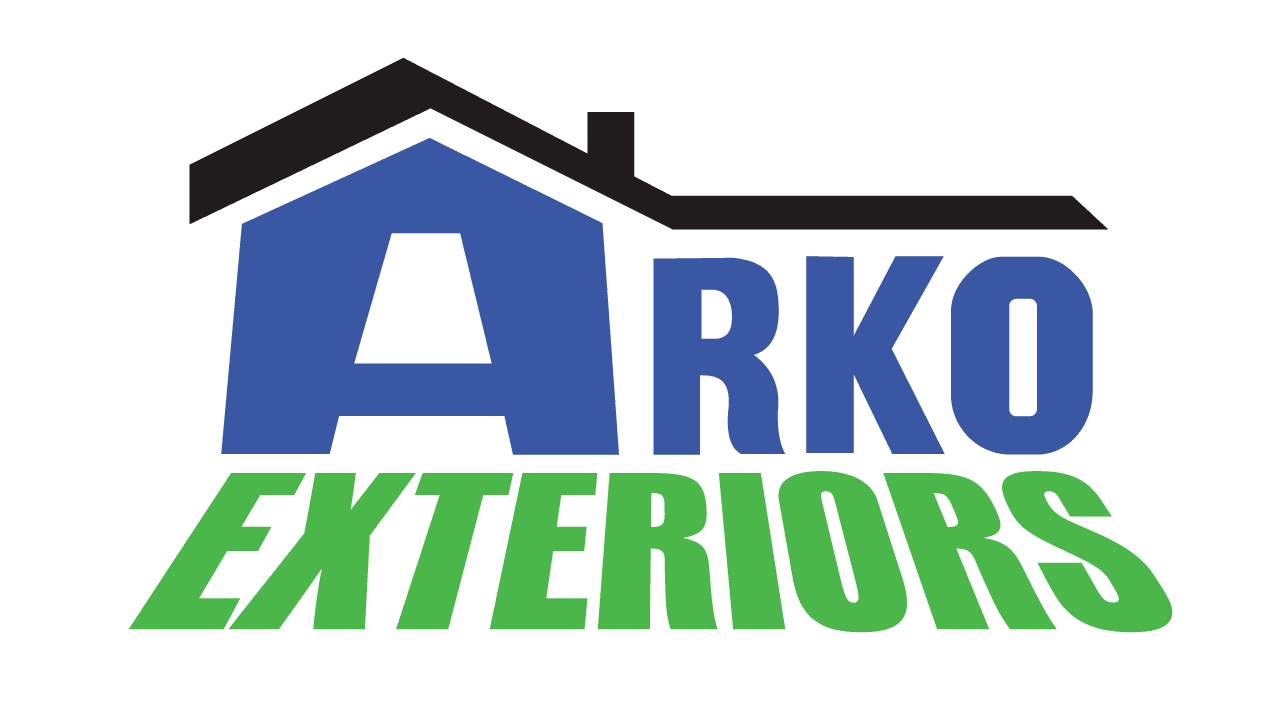Choosing the right roofing material can be overwhelming when roofing a commercial property. Metal roofing is one option that stands out due to its energy efficiency, durability, and aesthetic appeal. However, there are different types. Therefore, you must consider some important factors to help you choose the right type.
Factors To Consider When Choosing a Metal Roof for Your Commercial Property
Choosing a metal roof for your commercial property is a significant decision that can have long-term implications for your building’s durability and energy efficiency. Several factors should be considered when making this choice.
1. Roofing material
There is a wide range of metal roofing materials available. This involves options such as zinc, aluminum, and steel. Each of these materials has unique qualities and has specific cost considerations. You must take into account both your budget constraints and the particular requirements of your commercial property before choosing.
These metal materials vary in terms of appearance, durability, and resistance to environmental factors. Additionally, their costs can fluctuate, making it essential to align your selection with your financial means and the demands imposed by your property’s location and weather conditions.
2. Climate and weather conditions
The weather conditions and climate specific to your geographic area are important considerations before picking a roofing material for your commercial building. While metal roofs are a versatile option across various climates, their performance can be further optimized by matching particular materials and protective coatings to the environmental challenges of your area.
In instances where your region experiences high precipitation rates, a good choice might involve selecting a metal roof with superior corrosion resistance. This precautionary measure can safeguard your investment by fortifying the roof against the potential effects of heavy rainfall and moisture exposure.
3. Roofing style

Selecting a metal roofing style that suits the visual appeal of your commercial property is a crucial decision. The range of options is extensive and includes prominent choices like metal shingles, corrugated panels, and standing seam profiles. Each of these styles has a unique architectural character to your building and influences the overall project cost.
A standing seam roof imparts a sleek, modern appearance, while corrugated panels display a more industrial charm. Metal shingles offer a traditional and timeless feel. Your choice, therefore, plays a crucial role in defining the roof’s overall look and feel, which ultimately influences the financial investment required to achieve the desired aesthetic result.
4. Coatings and finishes
Metal roofing systems can be enhanced by applying different coatings and finishes. Among the available choices are reflective coatings designed to amplify solar reflectance and emissivity. As this happens the structure becomes cooler and more energy-efficient.
Additionally, rust-resistant coatings protect the metal against corrosion and extend its lifespan. When thinking about the most suitable coating or finish for your metal roof, you must consider your geographic location and your specific building requirements. Factors such as the local climate, temperature extremes, and solar exposure play a significant role in the efficiency of these coatings.
5. Insulation and energy efficiency
Metal roofing has the valuable attribute of reflecting sunlight rather than absorbing it. This makes it effective in curtailing the transmission of heat into the building. This reflectivity contributes to a decrease in cooling expenses during periods of elevated temperatures, to improve the overall energy efficiency of the structure.
Subsequently, the role of effective insulation in enhancing the energy efficiency of your commercial property is crucial. When choosing your roofing system, you must look at both the type of insulation materials used and the R-value, which measures thermal resistance. These factors combine to bolster the building’s ability to retain warmth during colder spells and keep out excessive heat during hot weather.
6. Maintenance requirements
Metal roofing systems, in contrast to many alternative roofing materials, demand only minimal maintenance to remain in optimal condition. They are resilient against issues associated with roofing, such as rot, mold, or susceptibility to insect infestations. With routine inspections and the application of maintenance practices, these roofs can deliver robust performance over time.
These low-maintenance attributes are from the metal’s durability and resistance to environmental stressors. Periodic inspections to identify potential issues, followed by basic upkeep, can extend the longevity of your metal roof and uphold its protective capabilities.
7. Installation

The significance of installation quality is important when it comes to ensuring the optimal performance of your metal roof. An advantage of metal roofing is its lightweight nature, exerting less structural strain in comparison to heavier roofing materials. This lightweight characteristic holds good in retrofit projects, where pre-existing structures must support the supplementary weight of a new roof.
As a result, it is advisable to hire a reputable roofing contractor with experience in the installation of metal roofing systems. The expertise of such professionals is crucial in achieving a successful installation that focuses on the benefits of metal roofing and upholds the structural integrity of your commercial property.
8. Durability
Metal roofing is popular for its remarkable durability and extended lifespan. When carefully installed and properly maintained, metal roofs have the potential to offer longevity exceeding 50 years. In this case, they can surpass the performance of numerous alternative roofing materials.
Furthermore, evaluating the metal roof’s resistance to factors such as corrosion, rust, and impacts is essential. These attributes determine the roof’s capacity to withstand the effects of time, climatic elements, and potential physical damage. As a result, it helps in safeguarding your investment and enhancing the long-term performance and security of your commercial property.
Conclusion
Selecting the ideal metal roof for your commercial property involves the consideration of many factors. Taking into account factors such as climate, materials, insulation, maintenance, and expert installation will help you make the right choice. A well-chosen metal roof will enhance the durability, energy efficiency, and overall value of your property.

